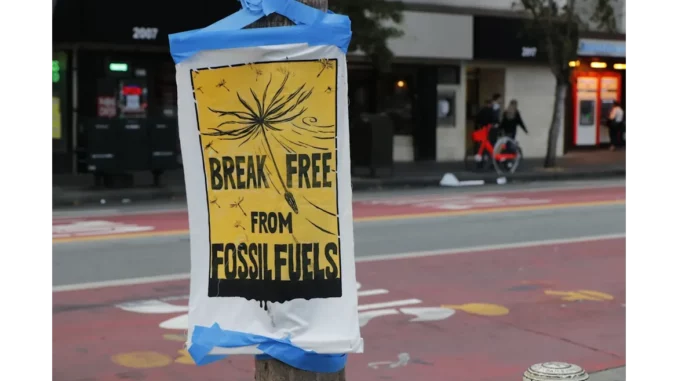
Birmingham, the UK’s second-largest metropolis, is in the midst of a significant transformation in its urban landscape. With a current population of 1.2 million and an anticipated increase of 150,000 residents over the coming two decades, the city is on a quest to address pressing challenges related to congestion, pollution, and sustainable development. Central to Birmingham’s strategy is the innovative management of parking and congestion, particularly in key districts such as Digbeth, which stands at the vanguard of this urban metamorphosis.
Air quality is vital in planning. See how Focus360 Energy can assist.
Birmingham’s new Transport Plan serves as a foundational blueprint for this transformative journey. The plan ambitiously aims to reduce the city’s reliance on private petrol and diesel vehicles. This vision is articulated through a series of bold initiatives: the reduction of thousands of car parking spaces, the strategic management of parking demand via pricing and restrictions, and the repurposing of land for more productive uses. The overarching goal is clear—to transition Birmingham from a car-dependent city to a model of sustainable, low-traffic urban living.
Digbeth, a district renowned for its vibrant creative industries and rich cultural heritage, plays a pivotal role in this transformation. A notable proposal includes the conversion of a derelict site on Heath Mill Lane into a temporary car park. This initiative, while offering a short-term alleviation of congestion, also underscores critical considerations for the future of parking and transportation in the area. With 17 parking spaces, this temporary solution aims to mitigate street congestion and improve the local environment, but its alignment with Birmingham’s long-term transportation vision remains a subject of debate.
The broader vision for Birmingham encompasses a significant reduction in car journeys, particularly those that are less than a mile in length. To achieve this, the city plans to bolster public transport options, expand cycleways, and pedestrianise parts of the city centre. In this context, the temporary car park in Digbeth serves as a transitional phase, reflecting the city’s adaptation to new transportation paradigms. This delicate balance between immediate needs and long-term goals is emblematic of Birmingham’s approach to urban planning, blending short-term pragmatism with visionary foresight.
Implementing Birmingham’s Transport Plan, however, is not without its challenges. The reduction of car park spaces and the management of parking demand could provoke resistance from motorists accustomed to driving into the city. Yet, these measures present an unparalleled opportunity to craft a more liveable and sustainable urban environment. For Digbeth, the challenge lies in integrating short-term measures like the temporary car park with the overarching vision of reduced car dependency. Achieving this will necessitate meticulous planning and collaboration among city officials, local businesses, and residents.
Community engagement emerges as a crucial element in the evolution of transportation in Digbeth. Engaging residents and businesses in discussions about the impact of parking changes and the broader objectives of the Transport Plan is essential. By incorporating a diverse array of perspectives, Birmingham can devise solutions that address the needs and aspirations of all stakeholders. This participatory approach is vital in fostering a sense of ownership and collective commitment towards the city’s sustainable future.
As Birmingham advances with its Transport Plan, the experiences garnered in Digbeth will offer invaluable insights into the efficacy of congestion management strategies. The temporary car park, though modest in its scope, is a significant component of this learning process, offering lessons that can be extrapolated to other parts of the city. Birmingham’s success in managing congestion and promoting sustainable transportation will hinge on a harmonious blend of short-term measures and long-term strategic planning.
The initiative to establish a temporary car park in Digbeth epitomises a broader endeavour to tackle congestion and advocate for sustainable transportation solutions in Birmingham. While it provides immediate relief, it also accentuates the complexities and opportunities inherent in urban transformation. As Birmingham continues to evolve, the key lies in crafting solutions that not only balance the immediate needs of all stakeholders but also support a sustainable urban future. By doing so, Birmingham can pave the way for a dynamic and resilient urban environment, setting a benchmark for other cities to follow.


Be the first to comment